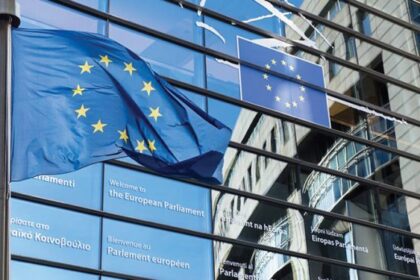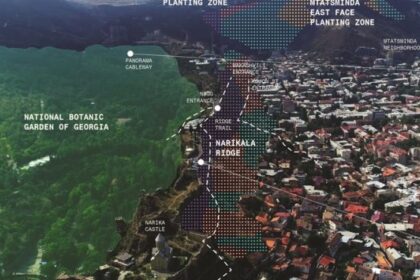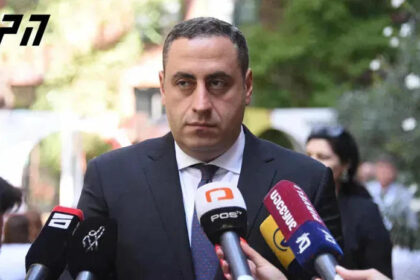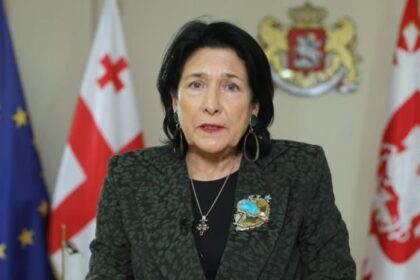**Polish Authorities Deport 40 Nationals from Georgia and Moldova**
In a move aimed at protecting national security and public safety, Polish authorities have deported 27 Georgian and 13 Moldovan nationals. The operation was carried out in cooperation with the EU’s border agency, Frontex.
According to officials, the majority of those deported were Georgians, with 20 individuals being expelled due to reasons linked to “national defense or state security” and the “protection of public safety and order.” Some of these individuals had prior convictions for crimes such as theft and driving under the influence. Others were removed for offenses like illegal stay in Poland.
The Polish Border Guard also noted that among those deported were facilitators and co-organizers of illegal border-crossing activities, as well as individuals who had changed their personal information to enter Poland. The agency did not specify the nationality of these individuals.
This move follows remarks by Polish Prime Minister Donald Tusk, in which he called for support from the EU to restrict or suspend visa-free travel for countries like Georgia that “no longer uphold basic democratic standards” and from which migration poses a “direct threat” to public order and the rule of law. In his statement, Tusk also mentioned that 50 Georgian nationals had recently been deported from Poland for committing various crimes.
This is not the first time Polish authorities have taken action against Georgian nationals. In March, another 17 Georgians were expelled from the country, citing either a criminal record or unlawful residency. This latest operation brings the total number of Georgians deported from Poland this year to over 40.
**Context and Analysis**
The deportation of these individuals raises questions about the relationship between Poland and its visa-free travel partner countries, such as Georgia and Moldova. The comments made by Polish Prime Minister Donald Tusk suggest that there are concerns within the EU about migration from certain countries, and a desire to take action to address this issue.
It is also worth noting that the EU’s border agency, Frontex, was involved in this operation. This highlights the collaborative efforts being made between EU member states to manage migration flows and strengthen their external borders.
Read More @ civil.ge












